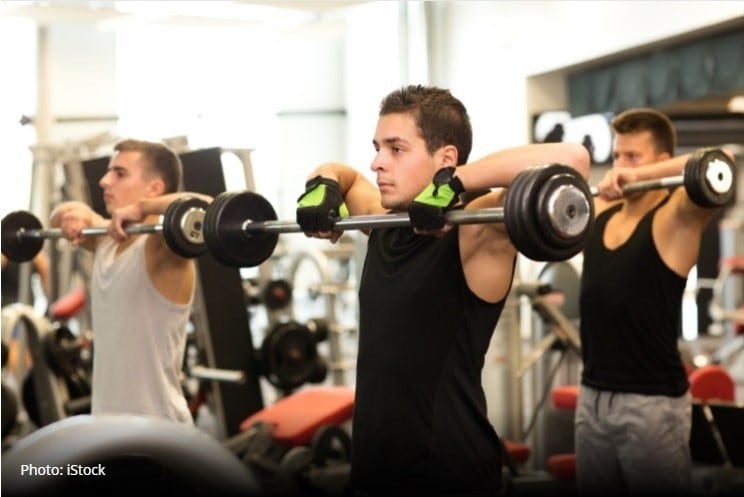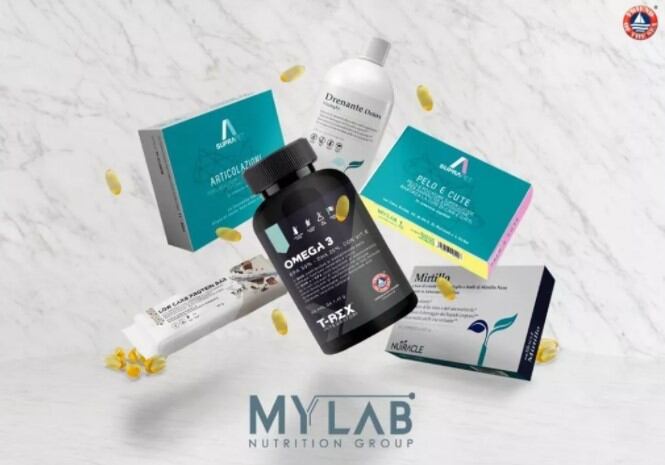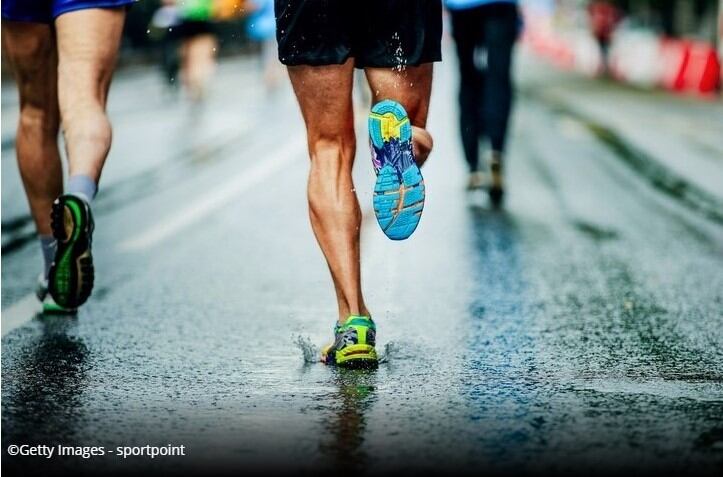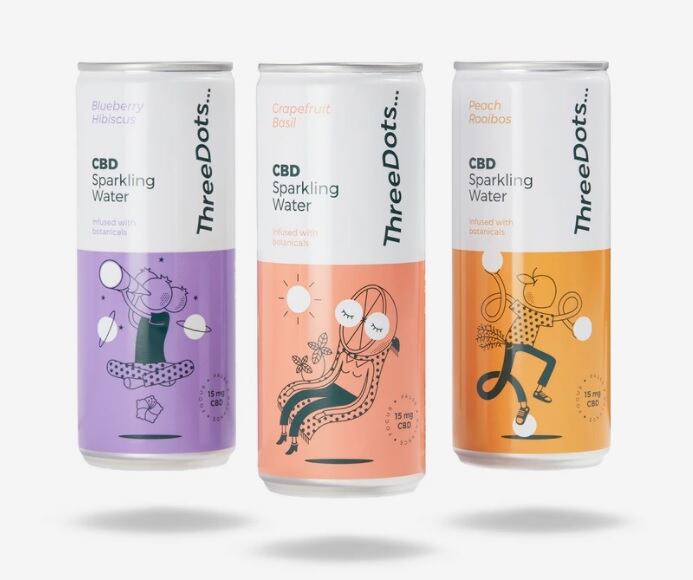The research, published in Psychology of Sport and Exercise, recommends the psychological intervention be coupled with nutritional-based information that also includes doping, doping control processes, into a single programme by sports watchdogs.
“We found that appealing to athletes’ sense of 'future guilt' through psychological intervention was a powerful way of persuading sportspeople to steer away from doping,” says Project leader Maria Kavussanu, Professor in Sport & Exercise Psychology at the University of Birmingham.
"We focussed on psychological factors that have been empirically linked to doping -- emotions. This social cognitive approach was as important in reducing doping likelihood as educating athletes about the harms of doping, the risks of supplements, and the importance of whistle blowing.”
Study detail
Led by the University of Birmingham, the two six-month randomised trials involved a screening survey carried out among 934 eligible participants in the UK and Greece. A total of 208 athletes was selected from 19 sports clubs in both countries.
Athletes were assigned either psychological or educational intervention at random, which involved six one-hour, small group sessions over a six to eight-week period.
They were measured on doping likelihood, anticipated guilt, moral disengagement, and self-regulatory efficacy.
The psychological intervention concentrated on personal choice and emotions and personal choice, while the education programme focused on the health risks associated with doping.
Participants involved in the trial talked about various athletes to heighten their understanding of the feelings associated with doping, while researchers considered the justifications given by those doping and highlighted the consequences for others including friends and family.
Participants discussed the athletes' stories -- enhancing their understanding of the emotions linked to doping.
Researchers explored the justifications athletes use for doping (moral disengagement) and drew attention to the consequences doping has for others -- whether family, friends, teammates or other competitors.
The results showed that the outcome was the same in both countries. Although the psychological intervention had a greater impact from pre to post, at the two-month follow up stage its effects were similar to those involving educational intervention.
Assessing results
To conclude, the researchers highlighted, “Targeting psychological variables in anti-doping interventions should aid our efforts to prevent doping in sport.”
"Effective interventions must focus on preventing rather than detecting doping,” adds Professor Kavussanu.
“We believe that targeting psychological variables in anti-doping interventions should help the regulatory authorities' efforts to stamp out doping in sport."
In February, industry group Specialised Nutrition Europe approved the publication of the first European wide standard to combat doping in food supplements and sports nutrition, describing it as a ‘stepping stone’ in providing better consumer information.
Additionally, in October 2020, a joint study carried out by the University of Birmingham and Canterbury Christ Church University found that athletes using sports supplements were more relaxed in their attitudes to doping compared to those who stick to foods.
Source: Psychology of Sport and Exercise
Published online: 10.1016/j.psychsport.2021.102099
Title: "A psychological intervention reduces doping likelihood in British and Greek athletes: A cluster randomized controlled trial."
Authors: Maria Kavussanu, Vassilis Barkoukis, Philip Hurst, Mariya Yukhymenko-Lescroart, Lida Skoufa, Andrea Chirico, Fabio Lucidi, Christopher Ring.




